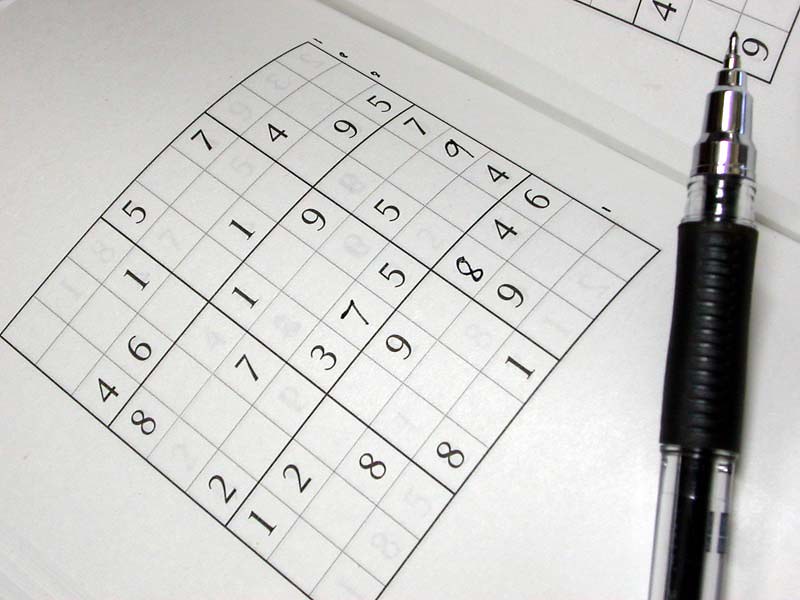
LinkedIn has rolled out Mini Sudoku, a condensed version of the classic puzzle, to its 1.2 billion global users. The game, which takes only two or three minutes to solve, is the sixth addition to the platform’s game lineup. Scaled down from the standard 9-by-9 grid to a smaller board, it’s designed for quick play without pulling users away from the platform’s primary professional networking features.
Aiming for Nostalgia and Friendly Competition
Lakshman Somasundaram, senior director of product at Microsoft-owned LinkedIn, said the company wanted something fun yet quick for its audience. The puzzle is intended to evoke nostalgia and spark friendly competition among colleagues, friends, and family, with difficulty increasing as the week progresses. Games were introduced to LinkedIn last year as a way to give users new conversation starters and boost engagement.
According to the company, millions of people play LinkedIn’s games daily, with the peak time at 7 a.m. ET. Gen Z is the top demographic, and retention rates are high — 86% of players return the next day, and 82% play again the following week. LinkedIn continues to expand both its social features and professional tools, balancing engagement with job recruitment capabilities and a growing video feed similar to TikTok, YouTube, Facebook, and Instagram.
Collaboration With Nikoli and Dr. Sudoku
The creation of Mini Sudoku resulted from a collaboration with Nikoli, the Japanese publisher credited with popularizing Sudoku, and Thomas Snyder, a three-time World Sudoku Champion. LinkedIn’s product team visited Nikoli’s Tokyo headquarters to discuss puzzle design before deciding on a 6-by-6 format. Snyder, also known as Dr. Sudoku, contributed to the game’s hint system, constructed puzzles, and appears in daily instructional videos demonstrating solutions.
Sudoku originated in the U.S. as “Number Place,” created by architect Howard Garns in 1979. It gained international fame after Nikoli published its own version in 1984 under the name “Suji wa dokushin ni kagiru,” later shortened to Sudoku. By the mid-2000s, Sudoku became a global newspaper and digital puzzle staple, eventually making its way to The New York Times’ NYT Games app and licensing deals with more than 100 media companies.
What The Author Thinks
Adding Mini Sudoku is a smart move for LinkedIn. It taps into a game with universal recognition, keeps sessions short enough for a work-focused audience, and adds a touch of fun that can keep users coming back. It’s also a low-cost way for LinkedIn to strengthen user loyalty without straying too far from its professional brand.
Featured image credit: chotda via Flickr
For more stories like it, click the +Follow button at the top of this page to follow us.
